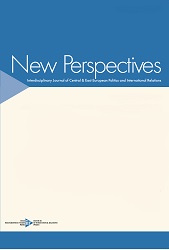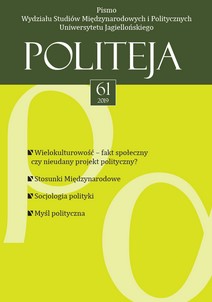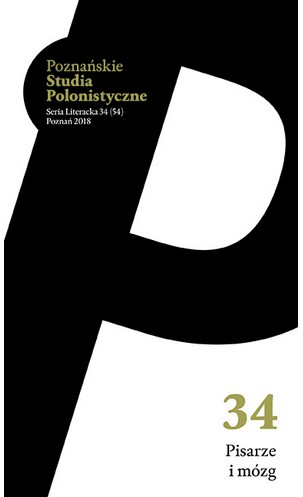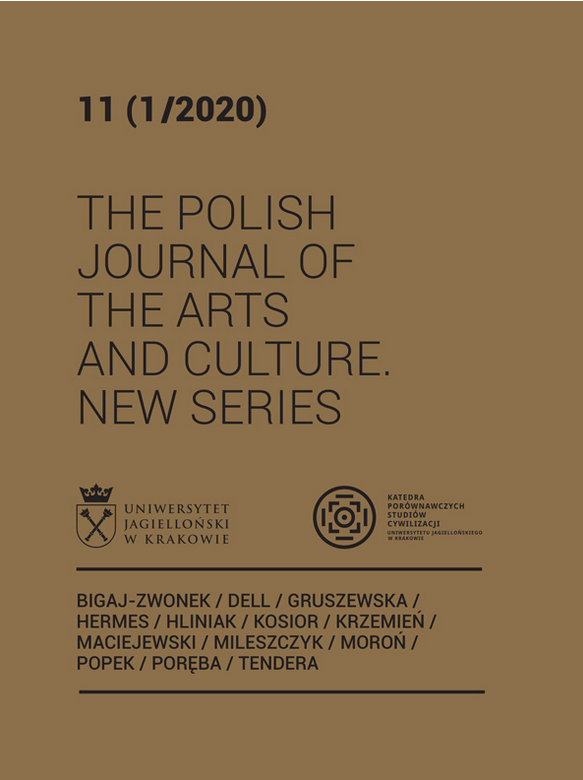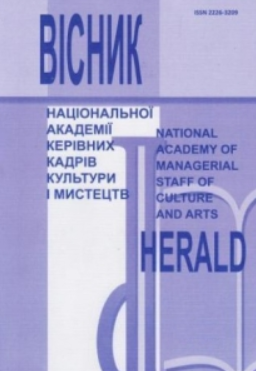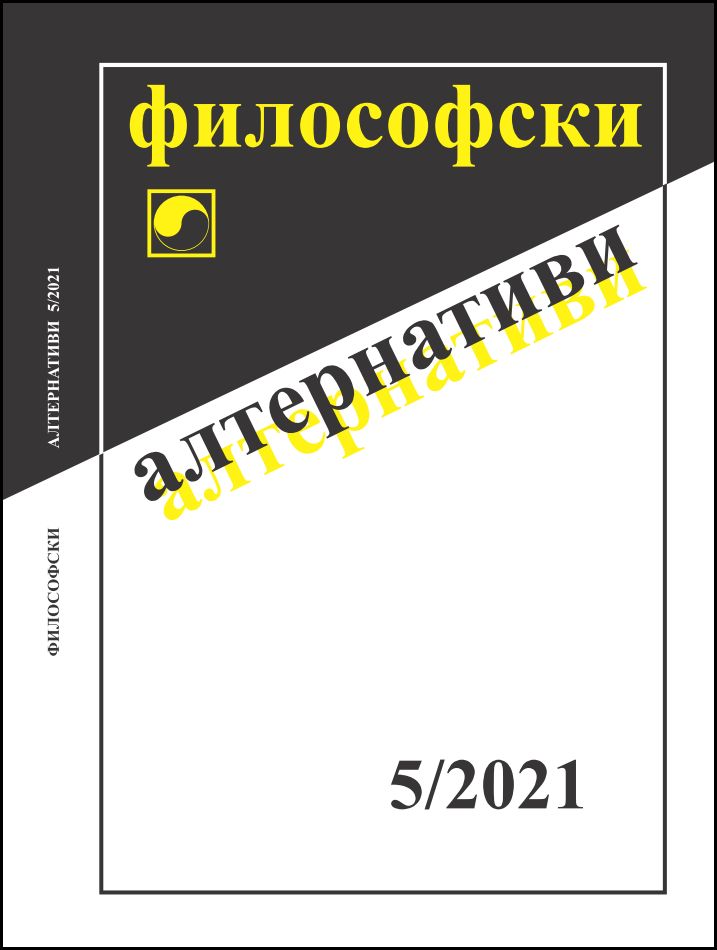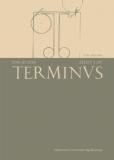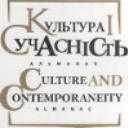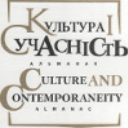Author(s): Nadiia Babii / Language(s): Ukrainian
Issue: 2/2020
The purpose of the publication is to capture the facts of theatrical actionism in Western Ukraine against the background of the socio-political crisis of the late twentieth century, to identify different contexts of perception of practices, to explore the arsenal of artistic means inherent in the phenomenon. Research methods: a factor method is used that allowed to assess the place and role of theatrical actionism in Western Ukraine in the late twentieth century in historical reality and the method of causal analysis, which traced the genesis of this phenomenon. The field research method is used to collect sources. The issue of theatrical actionism in the consolidating practices of Western Ukraine at the end of the twentieth century is considered, the key changes in the movements towards the predominance of interaction, experimentation, performativity, social activity and politicization in general are identified. Conclusions. As proved, the bright manifestations of actionism in the theatrical practices of Western Ukraine in the late twentieth century were a bold attempt to construct a new society and consciousness by means of culture. The period of experiments coincided not only with national movements, but also with the time of destruction of hierarchies: ideological, economic, value, so in each case the directors focused on their own understanding of dialogue with society, aimed not only at expression but also its formation. Common features and differences of the approach in concrete actions to translation of contents, actual symbolics, contexts are revealed: both delegated, and reflected. Forms of interaction of directors, creative groups with the public in the context of political, sociocultural and aesthetic impact are clarified. The self-reflexivity of the phenomenon is proven, in which theatrical actionists often identified themselves with the state in the symbolic field, acquiring the characteristics of creators of new meanings, mixing artistic and social, and finally, becoming representatives of public influence.The Galician Young Theater became a system of meanings, a personal example of sacrifice, a directed action that transformed the mass consciousness of the Sovietized towns, villages of Prykarpattia and Bukovyna. The Lesya Kurbas Theater in Lviv united intellectuals and aesthetes with its actions, created a refined society, and the festival "Dislocations" demonstrated a total, anarchic fascination with both attention and space.
More...
